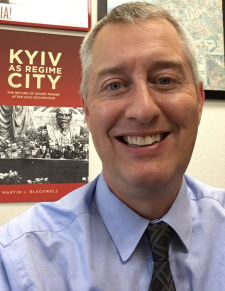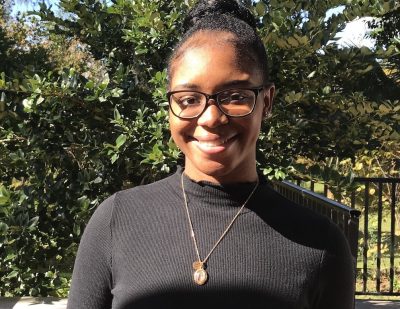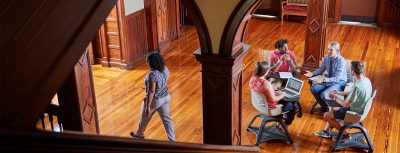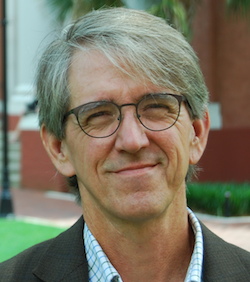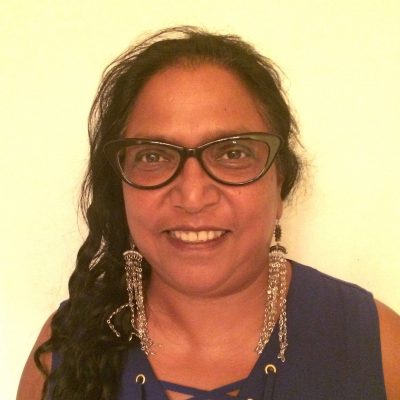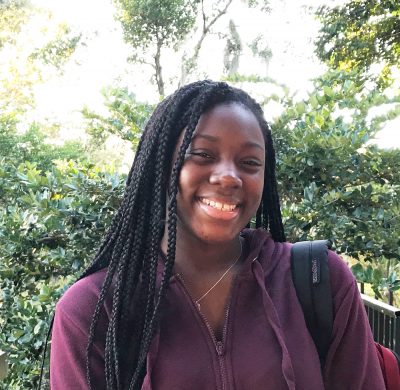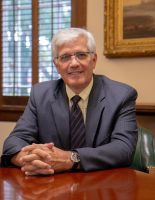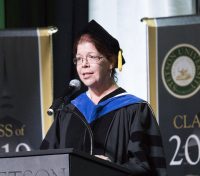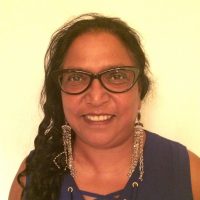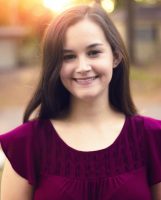The First Big Grade
By about this point in the semester, freshmen may be starting to feel like they belong in college. Then they get back their first big grade. For some, it’s a lot lower than they’re used to seeing.
I talked about this pattern with a former dean of first-year students at a liberal-arts college that I visited last week, right around the time that students were taking midterms. “Students who end up at a top-level liberal-arts college tend to be at the top of the academic food chain in their high-school environment,” he says. They may have a vague sense that their new classmates were also standouts, he says, but “the reality of what that looks like doesn’t hit them until this point in time.”
Realizing that the study habits that got students into college might not be enough for them to succeed there is a pivotal moment. The way they — and their college — react to this early academic feedback can set the tone for the rest of their time on campus.
The power of the first big grade is a well-known phenomenon that plays out at colleges of all kinds, says Natasha Jankowski, director of the National Institute for Learning Outcomes Assessment. And most colleges are doing something about it, she adds. The problem? In the bulk of cases, colleges have an early-warning system that kicks into gear — encouraging students to meet with an adviser, for instance — after they receive midterm grades. By then, the semester is halfway over, and only so much recovery is possible.
But there are things that colleges — and even individual professors — can do proactively, Ms. Jankowski says. Professors can prepare students for the kind of evaluation they’ll face by giving quizzes or providing “a sample of a well-written paper” or a rubric of how they’ll be graded.
It also helps, Ms. Jankowski says, if students talk with other students — particularly upperclassmen who can reflect on their own transition to college, and perhaps encourage freshmen that they need not go it alone. “A lot of times, for high-achieving students, there’s this stigma of, I shouldn’t need the help,” Ms. Jankowski says. A college can combat that, she says, by creating a culture in which seeking help is “just part of the experience.”
How do you help students acclimate to college-level work? Has your college found ways to ease the stigma of asking for help? Email me at [email protected], and your response may appear in a future newsletter.
Students Crave Conversation
A recent Twitter thread by Adele Perry, a history professor at the University of Manitoba, caught our eye. “It’s time for my annual reminder that students ask questions that are answered in the syllabus because they want to talk to you,” it began.
Frequently-heard faculty gripes about such questions are missing the point, Ms. Perry suggests. Sometimes, students aren’t even interested in the answer. Their question is merely a pretext for what they really want: a conversation.
That got us thinking about higher ed’s main mechanism for student-professor conversations: office hours. Over the years, The Chronicle has run columns arguing that professors should require students to attend office hours, a behavior correlated with academic performance; and asserting that since faculty can — and do — respond to students around the clock over email, office hours are obsolete.
Are office hours a good way to ensure that students get the kind of connection with professors that Ms. Perry reminds us they may need? If so, how do you structure them to be effective? If not, what do you do instead? Write me at [email protected], and your comments may be included in a future newsletter.
The Common Curriculum
The American Council of Trustees and Alumni recently released its annual analysis of colleges’ curricular rigor, concluding that in many cases, it’s lacking.
The council’s notion of rigor hinges on a particular definition: whether or not an institution’s general-education curriculum requires students to take courses in seven subjects — composition, literature, (intermediate-level) foreign language, U.S. government or history, economics, mathematics, and natural science. It is these subjects, the council wrote, that create a common intellectual framework and help students “meet the essentials of educated citizenship.”
As in years past, more than two thirds of the over 1,100 colleges in the survey failed to require four or more core subjects. There were just 24 that required six of these subjects. One of them was the U.S. Military Academy.
As it happens, we asked readers of this newsletter a few weeks ago to share with us whether their institutions were taking a fresh look at their core curriculum. Among the respondents was Christopher T. Mayer, associate dean for strategy, policy, and assessment at West Point.
The 24-to-27-course core curriculum there “requires a philosophy major to take a three-course core engineering sequence and a mechanical engineering major to take the core philosophy course,” he wrote. As a result, he said, cadets learn about each discipline’s content and mode of inquiry.
West Point is also unusual in other ways, Mr. Mayer wrote. All the students live on campus and share the same core physical and military curricula. “Thus,” he wrote, “cadets not only have a common academic experience, but also a common physical and military experience.”
Still, West Point revised its core curriculum a few years ago to allow cadets to have a bit more choice. They can select their third science course, or their foreign language, and which engineering sequence they want to take.
Cadets might sometimes grumble, Mr. Mayer wrote, but they’re there on full scholarship and tend to lack the consumerist mind-set common to other students. “Because their life is so regimented in other ways,” he wrote, “most are fine with the structure provided by the core.”
Coming Attraction
Next week, The Chronicle will release a special supplement looking at innovative teachers. You will be able to read about 10 of them — devoted faculty members from diverse fields and types of institutions whose approaches can be adapted to other classrooms. They are the kinds of instructors who constantly revise their teaching to find what works and who deeply want to connect with their students. Look for their stories on chronicle.com starting on Monday.
As always, please feel free to share thoughts or suggestions with us ([email protected], [email protected], and [email protected]). If you’ve been forwarded this email and would like to sign up to receive it, please do so here.
— Beckie and Dan
Published at https://www.chronicle.com/article/Teaching-Newsletter-Making-It/241495
Copyright © 2017 The Chronicle of Higher Education
1255 Twenty-Third St., N.W.
Washington, D.C. 20037
